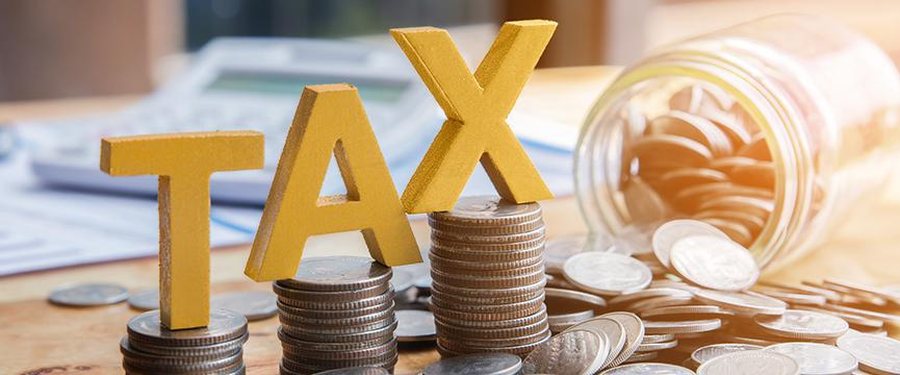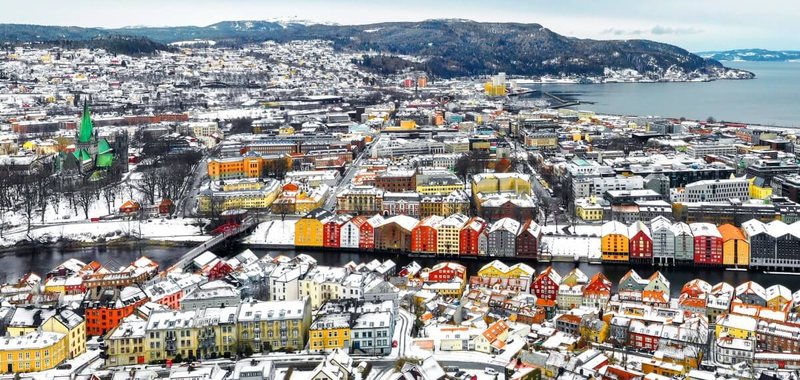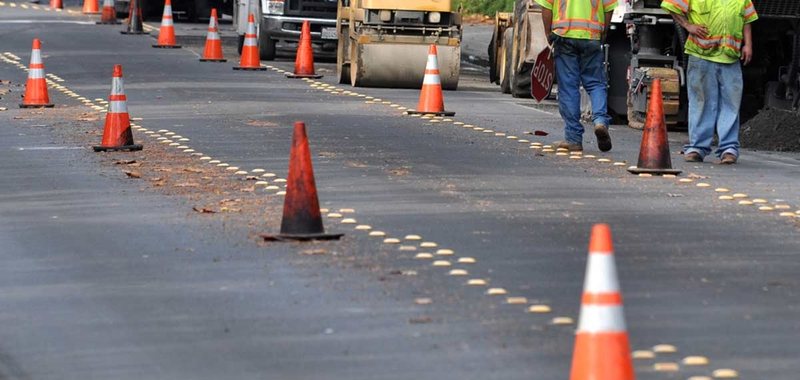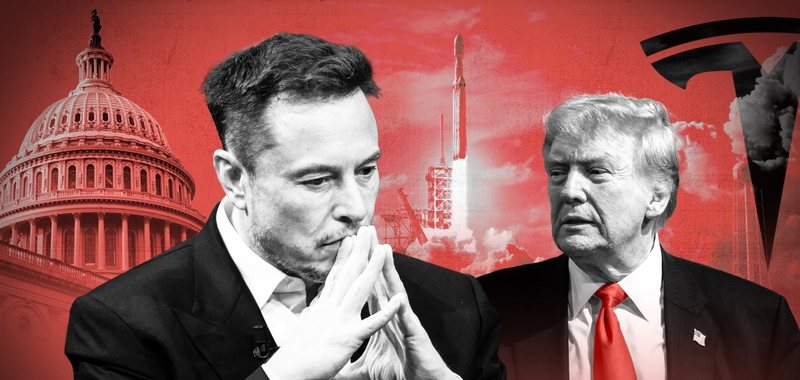The tax system in Italy favors the "billionaires" - According to the study, 7% of the rich pay less tax than the lower classes

Italy's tax system is skewed in a way that allows the richest 7% of society to pay proportionately less tax than low- and middle-income earners, a new study shows, fueling inequality and damaging finances. public in one of the most indebted nations in Europe.
In advanced countries, the wealthy, aided by financial advisers and low investment taxes, find ways to maximize capital returns and lower their tax bills, and the 1-2% often pay proportionately less than the lower layers.
But in Italy the distortions start much earlier in the scale of income and wealth, according to the study of five economists. The report, which has sparked debate in the eurozone's third-largest economy, shows that the system is regressive not just for the top 1-2%, but for the richest 7%, including middle-high earners such as and the super rich.
Progressive taxation means that the more you have, the more you pay as a percentage of your earnings and assets. The system becomes regressive when this principle is reversed. This situation has major consequences for Italy's wider economy, many economists say. They say raising taxation on middle and high earners would reduce inequality in a country where poverty has risen for years and enable Rome to reduce the eurozone's second-largest debt.
Italy is a country with relatively high taxes, reaching 41.5% of gross domestic product. But the burden is unevenly distributed. The country has low taxation on certain properties and financial assets that are typical sources of income for the wealthy, favorable rates for the self-employed and negligible inheritance tax.
Meanwhile, low-wage workers in Italy lose more in taxes and social security contributions than in any other EU country, European Commission data shows. Most financial investments are taxed between 12.5% and 26%, rental property can be taxed at a flat rate of 21%, and there is no tax on people's main residences. The self-employed, a support base for Mellon's right-wing government, can pay just 15% on annual income of up to €85,000, while the highest tax bracket of 43% for ordinary workers applies to income above €50,000 in year.

Britain, £1bn to 'turn off' wind farms - Grid constraints force operators to halt production, driving up costs
This is set to be a record year for wind power in the UK, at least in terms of how much goes to waste. Growing capacity and windy weather should have fueled......

Norway to become the first country in the world without fossil fuel cars – In 2025, only EV!
Norway has made history by becoming the first country where electric vehicles (EVs) outsell petrol or diesel cars. Of the 2.8 million registered private......

PD proposes 34 amendments for the 2025 budget - 5-fold increase of the pension fund and the setting of the living minimum are required
After approval in principle, the state budget for 2025 is ready to be voted on article by article and as a whole on December 3. The Democratic Party has......

How did this month start for the main currencies?!
The American dollar has started to grow this week and month, being bought today at 92.8 Lek and being sold at 94.2 Lek according to the local exchange......

No agreement reached on plastics - UN, divergences over production limit postpone talks
Countries negotiating a global treaty to curb plastic pollution failed to reach an agreement, with more than 100 countries wanting to limit production while......

ALL 288 million for the Shijan-Delvina - Tirana-Saranda axis, the time is reduced to 3 hours
The Albanian Road Authority has opened the tender for the rehabilitation of the road segment Shijan - Delvinë and the connecting road of the village of......

Opportunities and risks from the creation of "DOGE" - Elon Musk takes the next objective, reforming the American government
(The Economist) In 2017, Elon Musk labeled Donald Trump a "fraud" and "one of the best idiots in the world." But he is now known at Mar-a-Lago, which is......

More affordable tax-free 'havens': Best choices for expats in 2025?
Tax-free countries are often described as "paradise", offering a life without income tax. But how much do expats really have to pay to settle in these......


















